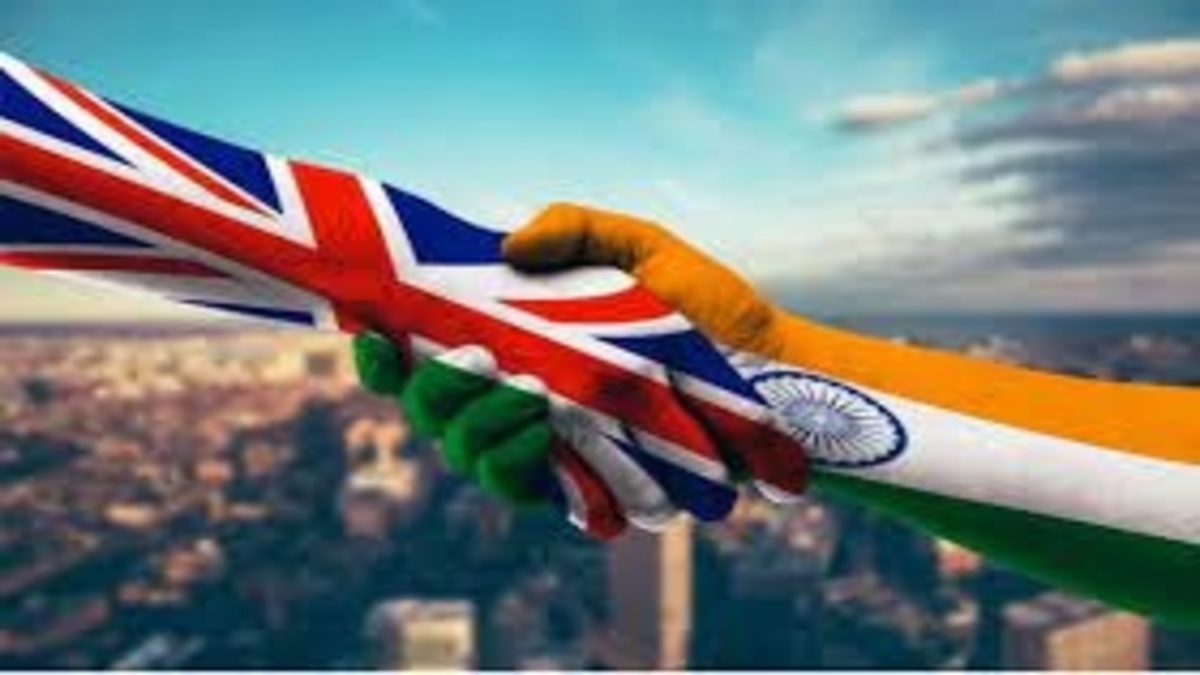
The UK & India have launched the Free Trade Agreement (FTA) negotiations on January 13, in New Delhi. The announcement has been made by Union Minister for Commerce and Industry Piyush Goyal and UK Trade Secretary Anne-Marie Trevelyan.
‘The Mutual Recognition Agreements (MRAs) on Pharma could provide additional market access to Indian companies. There is also great potential for increasing exports in service sectors like IT, Nursing, Education, Healthcare including AYUSH and audio-visual services. The FTA will provide more certainty, predictability and transparency and will create a more liberalised, smooth and competitive services regime,’ said the Commerce minister Piyush Goyal.
“The terms of reference of the free trade agreement have been finalised and formally endorsed by both the countries and therefore, we are launching formal negotiations with the United Kingdom for the free trade agreement,” said Goyal.
The agreement is expected to facilitate achieving the target of doubling the bilateral trade between India and the United Kingdom by 2030 as set by the Prime Ministers of both countries in May 2021. Post-Brexit, this would be the UK’s first free trade agreement with a major South-Asian economy.
The agreement would have a market size of nearly $6 trillion economies with a population of over 1.4 billion people. The roadmap to the vision also includes people-to-people ties, defence, climate, tourism, fintech and pharmaceutical as one of the key areas for a long-term partnership between both countries.
He further added, the negotiations with the UK are expected to increase our exports in leather, textiles, jewellery and processed Agri-products.
Bilateral trade between both the countries (imports and exports together) rose to 22.7 per cent from FY 2009-10 to $13.1 billion FY2020-21. The road to 2030 wants to cover the India-UK bilateral trade of US$31 billion by 2030.
Since the pandemic began both countries are keen to reduce their dependence on China, which presents India with an opportunity to increase its presence in categories where China has a big presence like Industrial machinery, Home and Electrical Goods and Apparel and Footwear. Both the countries consider each other as valuable allies. One such example we can see with the UK’s Astra Zeneca and India’s Serum Institute of India (SII) which came together on the Covishield vaccine to fight against the Covid-19 pandemic.
Both the countries may bring concessions in key sectors like automobile, food and beverage, chemicals and agriculture. On the business front, there are three focus areas where entrepreneurs want the government to work. They want a reduction in tariffs especially in the food & beverage and healthcare sectors. Second, they wanted to see the proper layout and simplified customs procedures and they want both the countries to work on data protection and intellectual property practices as it would help them particularly in the Research and Development sector which will spur growth in the years and decades to come.
For India and UK, there is a list of challenges that they have to face from removing trade restrictions to immigration. What more important is they need to make greater efforts to reset the bilateral trade relationship. The businesses and government can create a joint effort by creating supplier chains and help both the countries to generate employment and benefit their small, medium and micro-enterprises.